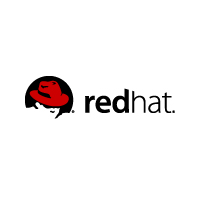Free & Open Source Software @ MAGIC
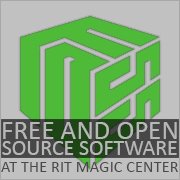
FOSS @ MAGIC
One of the most unique initiatives at MAGIC is the FOSSBox, an applied research lab that originally grew out of the Department of Interactive Games and Media's course in educational game development for the OLPC. Today, FOSS@MAGIC sponsors numerous projects, hackathons, meetups, and events throughout the year in conjunction with the MAGIC Center, the School of Interactive Games & Media, the B. Thomas Golisano College of Computing & Information Sciences, and other elements of the campus that span the entire university, as well as numerous external partners. Since 2009, this group has brought FOSS speakers to campus, sponsored professional development opportunities for faculty, housed externally sponsored faculty and student created research and development projects, and has brought regional FOSS conferences to the RIT campus on several occasions. This group is an active and vibrant part of the Rochester Open Source movement, and is engaged with a variety of institutions throughout the region and the nation.
Specifically, FOSS @ RIT is an initiative to promote Free/Open Source Software related activities that:
- Pursue applied research in and around RIT and with sponsors and external entities
- Support Summer Undergraduate Research Fellowships
- Develop and/or supports FOSS academic efforts including the Open Source Minor, project courses and independent studies
- Coordinate and/or sponsors FOSS events like hackathons, speakers and POSSE
- Offer students employment opportunities for part-time work and co-ops with projects that are released via open-source license
The initiative grew out of the School of Interactive Games and Media's first seminar in educational game development for the One Laptop Per Child (OLPC) in 2008. Starting in 2009, student, faculty, staff and community interest across the institute and throughout Rochester have grown the initiative to sponsor...
- 50+ hackathons regional get-togethers, birds-of-a-feather gatherings
- internationally renowned speakers such as Richard Stallman, Hal Abelson and Walter Bender
- Professional development opportunities for faculty, staff and graduate students including three annual week-long instances of POSSE
- Outreach to other Colleges and Universities, K-12 schools and community organizations like Hacks/Hackers Rochester and the Girl Scouts
- 30+ Undergraduate Research Fellowships, Co-Ops and part-time student positions doing humanitarian project work including nation-building work with UNICEF’s Innovation Lab in Kosovo, OLPC Corps Africa, and Educational Games for OLPC SugarLabs downloaded around the world and honored at the White House.
- Applied research projects for RIT, Red Hat, Mozilla Open Badges, OLPC and Sugar Labs
- Civic Hacking events such as AT&T Rochester Civic App Challenge and Random Hacks of Kindness
- Additional academic courses for IGM, including the first Minor in Open Source Software and Free Culture, which will be offered beginning in Fall Semester of 2014 by IGM
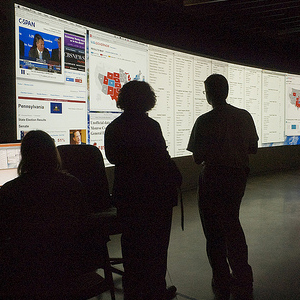
To see what
FOSS @ MAGIC
is all about, here's a sample activity we engage with every year on election night. This is the kind of hacking we're excited about.
Get Involved
Join our IRC Channel #rit-foss and #rit-innovation on irc.freenode.net. This is a great place to introduce yourself and get in contact with anyone involved in foss@magic. We have an IRC bot running under the name foss_bot which sits in and logs any channel we fell is important to the Foss project. You can also visit us on Facebook, and connect with us through MAGIC.
Key Programs and Departments Engaged in FOSS @ MAGIC
- School of Interactive Games & Media, Golisano College of Computing & Information Sciences: The School of IGM is home to several courses and projects, as well as the Minor in Open Source and Free Culture, the first of its kind at any academic institution in the USA.
Background and Need for Research
Support for Open Source methodologies and practices is in its early stages in higher education. Computing programs around the world use tools, develop code libraries, and share their work with others, but often publish in ways that are restrictive, non-collaborative or less 'open' than they might appear. Traditional academic publishing is a closed, and in some cases predatory, practice. The current commercial sector is dominated by players that produce closed-source solutions, but this is rapidly changing; with several major corporations now producing libraries and toolsets available through Open Source licenses. Open Source is now a growing strategic component of the software world, but that is only scratching the surface. While the methodologies and practices of the FOSS movement often seem a good match to the ethos of the university, we feel universities must go further and provide direct educational and experiential opportunities for students to learn about Open Source processes and practices. Only by directly engaging in work with these tools, practices, and communities will students effectively incorporate the benefits of the Open Source approach in their own work and contributions.
Our work is humanitarian in focus and is generously supported by Red Hat and by Fedora (who donated the original 25 XO laptops that started us off for RIT's first FOSS class.) OLPC, Sugar Labs, and others have donated hardware and/or sponsored co-ops and Hackathons. Our funding is used largely to support Open Source student projects, library contributions, and development opportunities. In addition, such funding supports hackathons, outreach and engagement events with the local community and regional and national institutions. Our work engages students, faculty, and staff in exploring the possibilities as software becomes a freely available resource, both to draw from and contribute to. We're solving the world's problems through code.
FOSS@MAGIC Projects
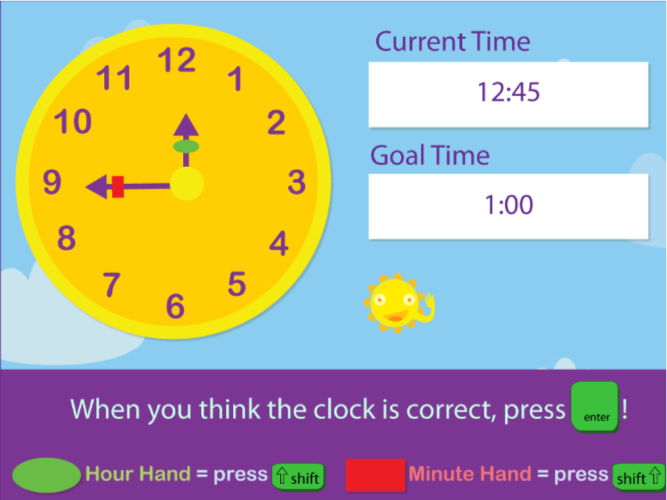
SkyTime
Abstract:Sky Time is an educational game that teaches young students, kindergarten through second grade, how to tell time.
Links and References:
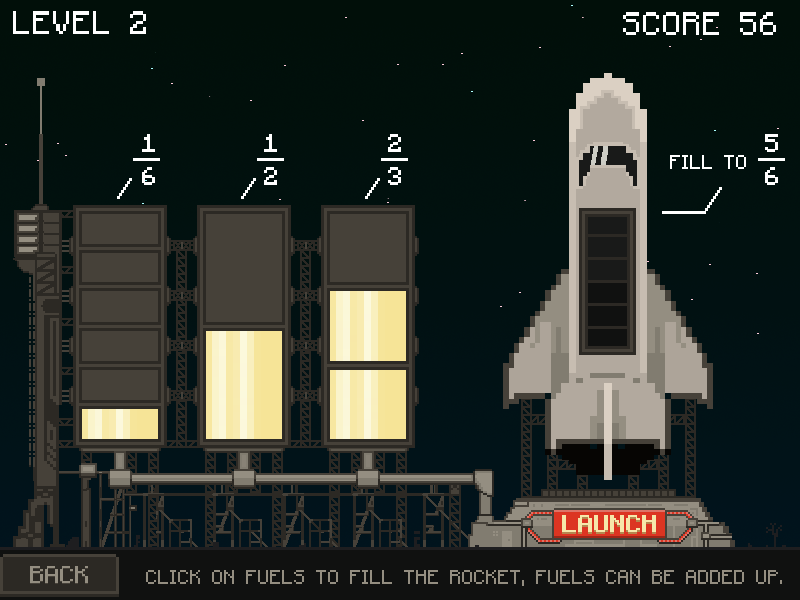
Fractionauts
Abstract: Fractionauts is a rocket themed educational game targeted towards 4th grade students interested in learning how to perform basic arithmetic with fractions.
Links and References:

Ripple
Abstract: The goal of Ripple is to help people think about environmental issues in a whole new way. Players explore a 3D coral Reef as a fish and encounter facts about overfishing, marine debris, oil pollution, acidification, and mass extinction. The project was built with the LEAP Motion Gesture Controller and Unity 3D Engine.
Links and References:

Lemonade Stand
Abstract: Player manages a lemonade stand (or similar such store) and tries to make as much money as possible. The game is designed to incorporate money, making change, and fractional math skills to teach basic operations.
Links and References:
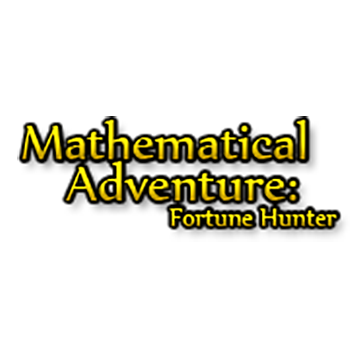
Mathmematical Adventure: Fortune Hunter
Abstract:Mathematical Adventure: Fortune Hunter draws on teaching children of a global scale fourth grade mathematics through the guise of a dungeon styled adventure game. Players will be able to explore dungeons and fight fearsome battles with various monsters, each pertaining to a unique mathematical concept. The player controls a protagonist that must progress through maze-like dungeons, solve puzzles / problems, and defeat enemies in a two dimensional world. It is a single player adventure with room for ad hoc cooperative play in the future. Submitted by: jlew.
Links and References:
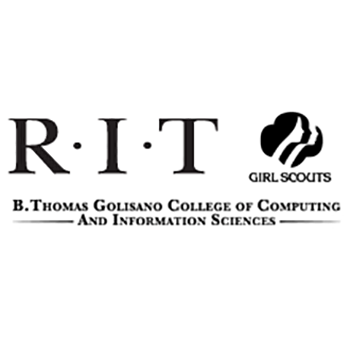
Girl Scouts games for Life Workshop
Abstract:One day workshop for Girl Scouts of America (GSA) troop members to complete their “Games for Life Interest Project” (GFL). Scouts are provided with thumb drives with all the necessary files for the tutorials on them as well as installers and run-time versions of Scratch. The workshop has been offered, in various forms, four times in Rochester, New York and once in Los Angeles, California. Materials for the various workshops were created and/or revised by Stephen Jacobs, Kelly Piering, Sela Davis, Heather Arbiter, Joe Pietruch, Yana Malysheva and Justin Lewis. All Rochester workshops have been coordinated by Amy Carey of AWC and Digital Rochester.
Links and References:
- Scratch.zip the Scratch Tutorials from the workshop.
- GSFormalElements.odp
- GSFormalElements.ppt
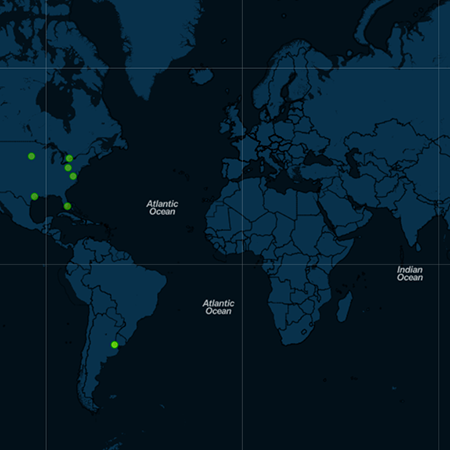
narcissus
Abstract: narcissus is a web application for visualizing real-time webserver hits. Submitted by: rjbpop.
Links and References:
- Live Demo watching mirror.rit.edu
- Bug Tracker on Github
- Source Code on GitHub
- IRC: #moksha on irc.freenode.net
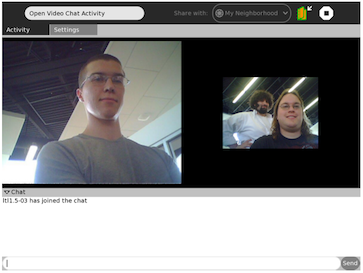
Open Video Chat
Abstract: Open Video Chat is a Video Chat Activity for the XO Laptop. Developers sponsored by PEN International were tasked with developing a proof of concept by improving the underlying software stack for video chat accessibility for communication between Deaf and Hard of Hearing students in a classroom environment. The project leaders have expressed a long-term interest in the life of this application that includes release into the Opensource ecosystem, and eventually porting to other platforms. OVC was accepted as a Google Summer of Code project in 2013.
Links and References:
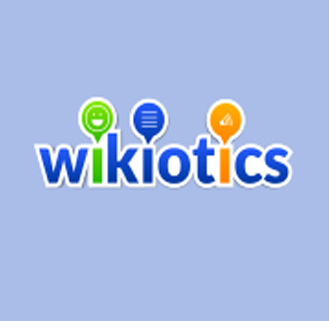
Wikiotics
Abstract: Wikiotics is a community site for collaborative language instruction. The site aims to provide easy tools for teachers and students to create high quality language lessons that are immersion focused, interactive, and easy to share. These activities are supported by the Wikiotics Foundation, an independent 501(c)3 non-profit. Starting in September 2010 two RIT students, Nate Case and Taylor Rose, began contributing to the project through the FOSSBox.
Links and References:
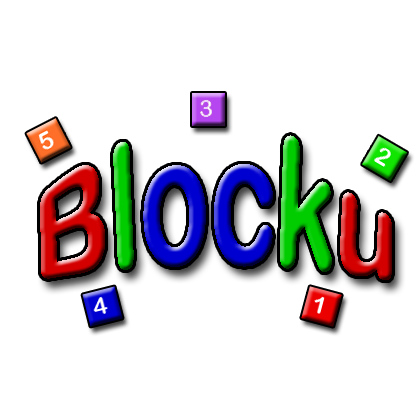
Blocku
Abstract: Blocku is a puzzle game consisting of filling a grid with squares by matching the squares sides by following a constraint. Blocku is a game that can be used by teachers to teach a multitude of subjects to students. The teacher will be able to create a constraint such as match the formula to the answer or A + B = C. Then the teacher makes a list with two columns. Each row in the columns is a pair of of matching objects. The first row of column A matches the first row of column B. Using this formula the game will randomly assign the objects of each column to square blocks, one object per side. The student then has to put all the pieces in a grid so that pairs on the sides of the squares follow the constraint. The student will be able to move the pieces as well as rotate them.
Links and References:
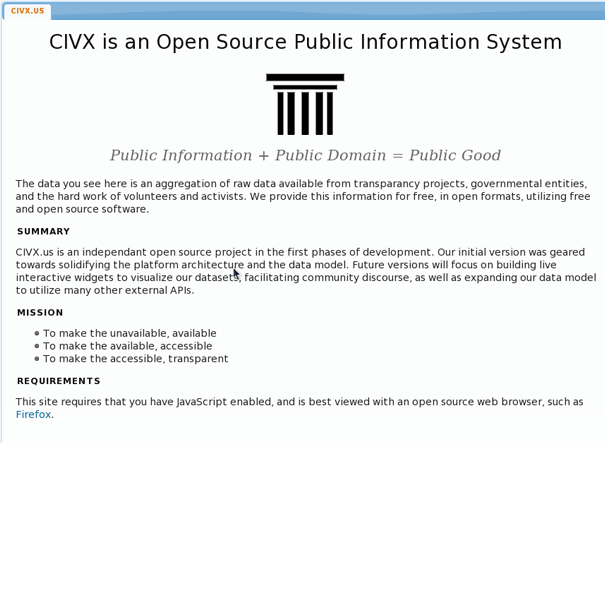
CIVX
Abstract: CIVX is a Open Source public data aggregation framework that focuses on government transparency and converting raw data into Open and indexable formats. Our core platform is designed to simplify the process of modeling, scraping, scrubbing, correlating, and visualizing raw data.
Links and References:






